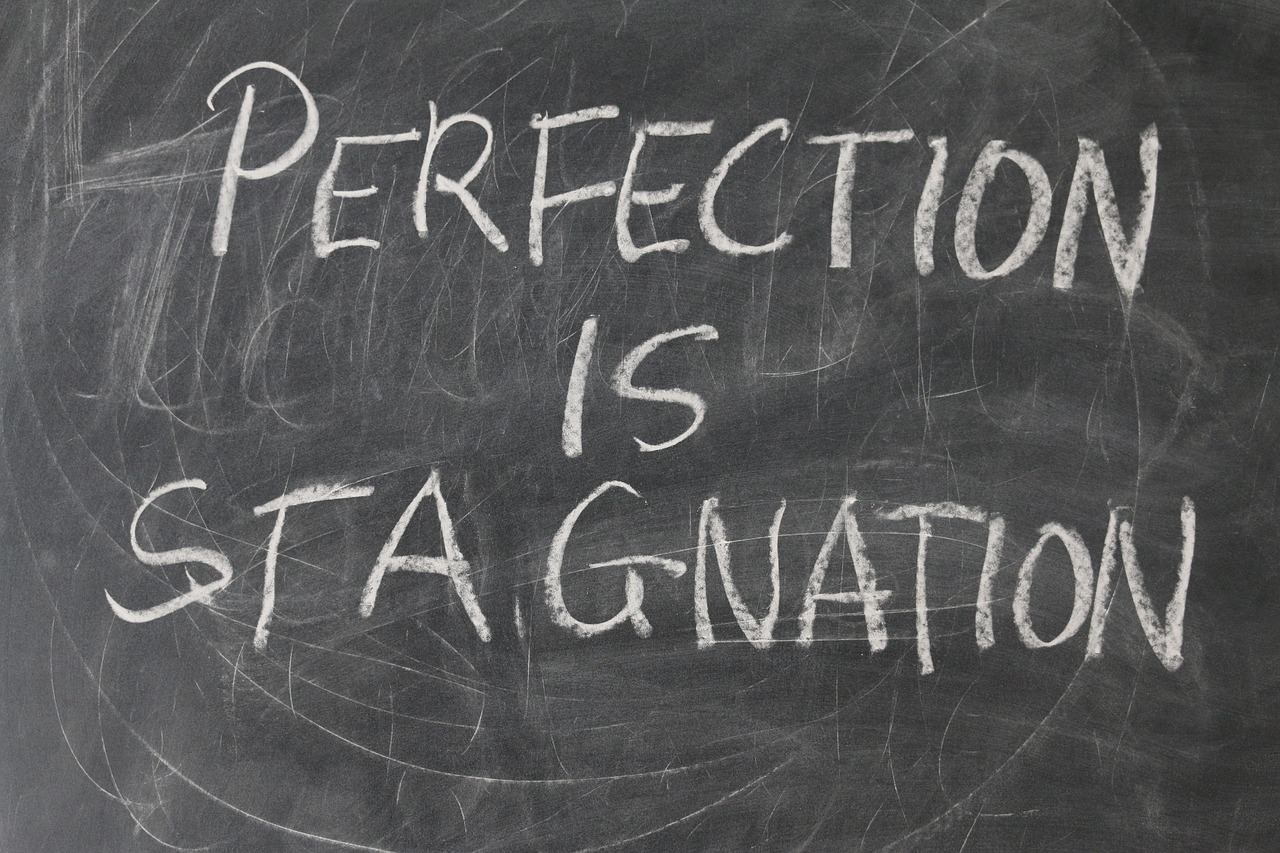
When you hear the words “mental health”, what comes to mind?
Is it people dealing with severe mental health issues like schizophrenia? Or do you see images of average people who are experiencing everyday issues like stress and anxiety?
Unfortunately, there is a stigma associated with mental health. So, why is mental health stigmatized?
The stigma may come from several sources, such as social, personal, or familial beliefs. It may come from the mental health condition itself, possibly because the person may behave outside of what is considered the social or cultural norm.
In simple terms, the Britannica Dictionary definition of STIGMA is:
1.[singular]: a set of negative and often unfair beliefs that a society or group of people have about something. The stigma associated with mental illness = the stigma of mental illness. The stigma of being poor = the stigma of poverty.
Essentially, there are two types of stigmas associated with mental health or mental illness.
First, there is the social stigma, which involves the prejudiced attitudes others have around mental illness.
The other stigma is self-perceived stigma, and this involves an internalized stigma a person associates with the mental illness they are experiencing. Unfortunately, this stigma may be more detrimental simply for the fact that it impedes people from seeking help and they just continue suffering in silence. We see this a lot at The Inspired Performance Institute, and it is common for someone to question why it took them so long to find our solution.
As you can see from our company name, we focus on performance. Trauma interferes with someone reaching their full potential and we can help clear that path for them. So, whatever images come to mind when you hear or think about mental health, on October 10th the entire world recognized World Mental Health Day.
What is the overall objective of World Mental Health Day? It is to raise awareness of mental health issues around the world and to hopefully mobilize efforts in support of mental health. The first time World Mental Health Day was observed was on October 10th, 1992. The large goal was to raise awareness in the global community about the critical mental health agendas and to create a unifying voice through various partners collaborating in the effort to establish lasting change.
How do you think it has been going?
We have a long way to go but it has improved slightly. Governments have stopped institutionalizing people with mental health issues by eliminating funding.
Now we just allow them to be free and homeless to live on the streets and fend for themselves. I am not exaggerating, just notice how our cities have changed over the last 30 years. Homeless camps are everywhere. They used to be invisible, hidden in wooded areas. Housing is sometimes provided in local jails if they are arrested for crimes such as vagrancy or panhandling. We CAN and MUST do better! Obviously, we do not have any answers yet that are working, and I do not see it getting any better anytime soon.
On a positive note, we are seeing more attention on the issues that our military veterans are struggling with. On average 22 veterans a day commit suicide and thankfully this has drawn some focus from the government and society. It is incredibly positive that attention is now being drawn to this however, there is a lot of work to be done before we should congratulate anyone.
Again, I am highlighting the most extreme cases of mental health issues. What about the high functioning individuals dealing with anxiety, panic attacks, depression, and various other mental health issues?
We are finally seeing some progress being made in this area. Unfortunately, this will need to be the area that gets the most attention for a while because it is where the money is. We are seeing breakthroughs in neuroscience providing some exciting solutions. Our TIPP program is an example of a cutting-edge neuroscience approach that effectively relieves the symptoms of trauma, and trauma is at the root cause of mental health symptoms.
Become a voice for the campaign, volunteer to help people struggling with mental illness, or make your financial contribution to advance the cause.
Encourage your local, state, and federal legislators to take action to address effective solutions. Be a 1% differentiator, you can make a difference with as little as 1% of your time, energy, or finances to bring improvement in the current global mental health crisis. Communicate your thoughts to your community through creative expression. Be vocal about change!
When enough people put a 1% effort in, we can create a wave of change.
Just look at Chris Nikic and his 1% message. Chris is an amazing and inspiring young man who became the first person with Down syndrome to complete an IRONMAN, being verified by Guinness World Records in November 2020. People from all over the world followed his pursuit and cheered him on. Chris and his father, Nik, developed a formula for success: get better 1% at a time—which Chris believes is something everyone can do in any area of their lives.
We believe it is imperative to directly involve everyone in the process of change, so we encourage you to engage with a global or local campaign. As an individual you can make a difference, just like Chris did. It all started with his 1% change model now look at how he was able to adjust the way people view what is possible.
And there it is!